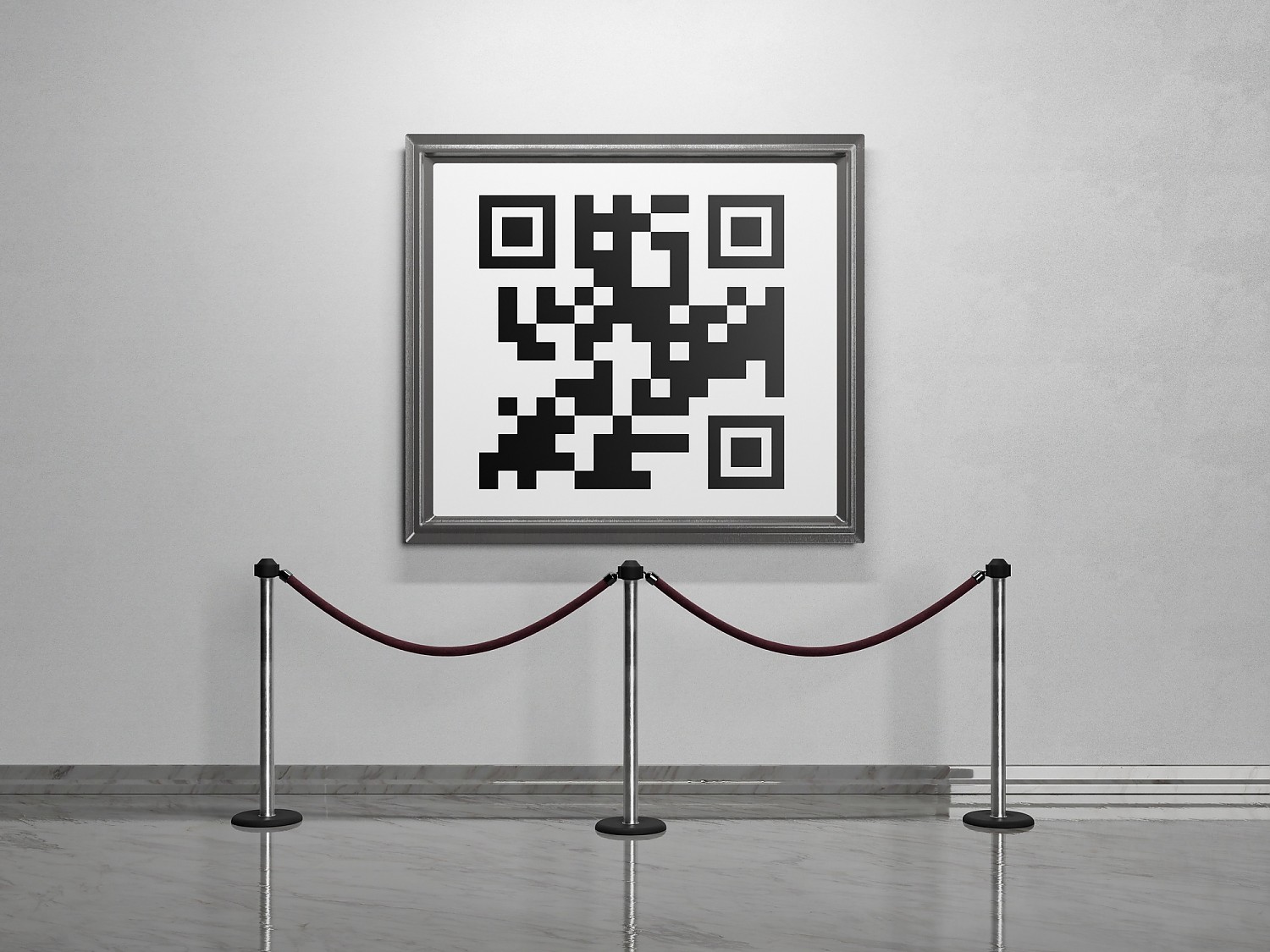What are NFTs and Blockchain anyway?
In technology, the word token can be defined as a digital representation of an asset and non-fungible means that something cannot be replaced by something else. An easy to understand example is the art market: how many paintings by Van Gogh is a Mona Lisa worth? There is no such relationship, as they are unique, distinct and irreplaceable works. On the other hand, it is possible to exchange one 10-euro note for two 5-euro notes, because they are fungibles.
These unique, distinct and irreplaceable electronic codes are recorded by the Blockchain system, the same technology used in cryptocurrencies such as Bitcoin. The Blockchain system records transactions in an encrypted way and the information included cannot be altered, in theory. In this way, the digital asset's unique file is linked to the unique certificate generated by the Blockchain, guaranteeing the authenticity and ownership of that asset.
In general words, NFT is a unique digital certificate, registered in a Blockchain, used to register the ownership of an asset, such as a work of art. Therefore, any person or company can link their assets, digital or physical, to an NFT.
An emerging technology
There is an ocean of possibilities for brands, and you can already see some micro-trends emerging due to new behaviour and technological innovations. Following its popularization, it has been possible to observe companies from various sectors adopting branding strategies using NFTs as a power to connect with customers and make new business.
- Apparel - GAP and Adidas, have created exclusive NFT collections that allow the buyer to exclusively access physical pieces. The strategy that comes from this initiative aims to create exclusivity behind the brands, reinforcing the idea of creating fan clubs and customer loyalty.
- Restaurants - McDonalds created a marketing campaign for the launch of a burger in which customers who follow the brand on Twitter received an invitation to participate in the draw for their first NFT.
Is it worth investing in NFTs?
That's the 1 million euro question, you can see that there is a major transformation in the way brands communicate with their consumers, creating experiences and connecting with their audience in a way never before imagined.
With NFT it is possible to redefine the sense of community, strengthen the loyal customer base, bring authenticity and give a voice to your consumers with positive results. And this can be applied not only to clothing, food or entertainment companies, tech, sports and even real estate companies already use NFT as a form of business.
We will still see many developments in this field, but the speed with which the market has reacted to NFTs makes it clear that the future is already happening!
